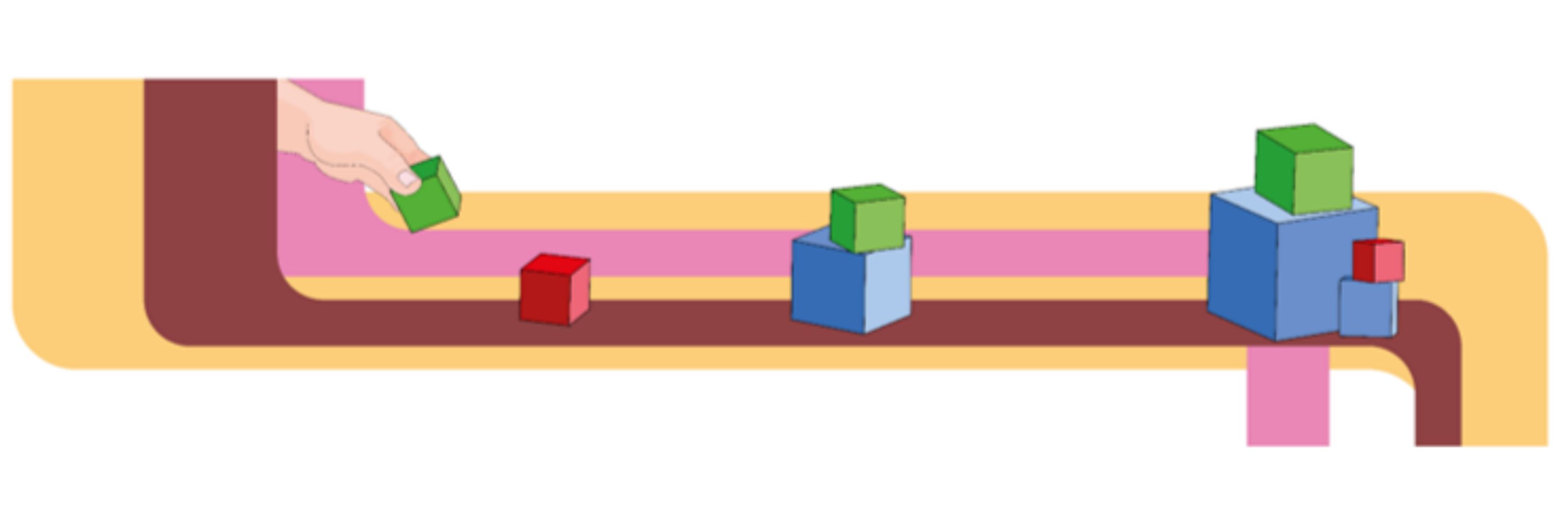
https://r1.unitn.it/babylab/
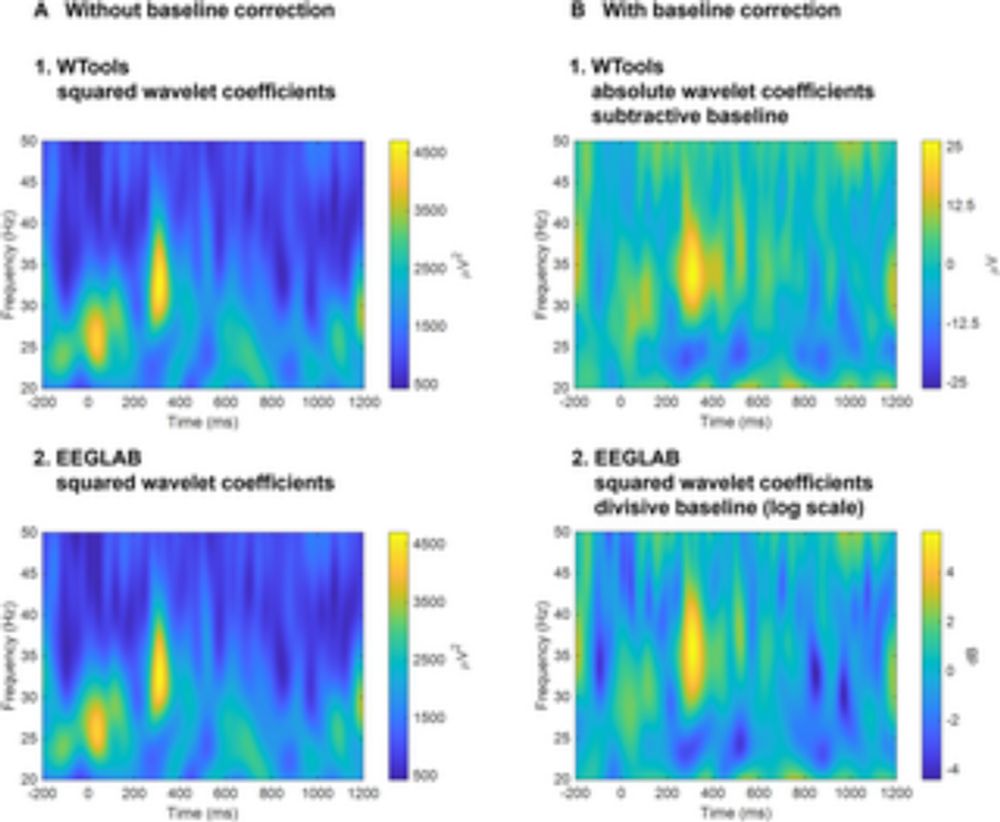
🔗 doi.org/10.1371/jour...
By @ambrafer.bsky.social @marcobuiatti.bsky.social @eugenioparise.bsky.social @cimecunitrento.bsky.social
A great opportunity to share expertise and connect with researchers studying brain development in the first years of life! 🧠👶


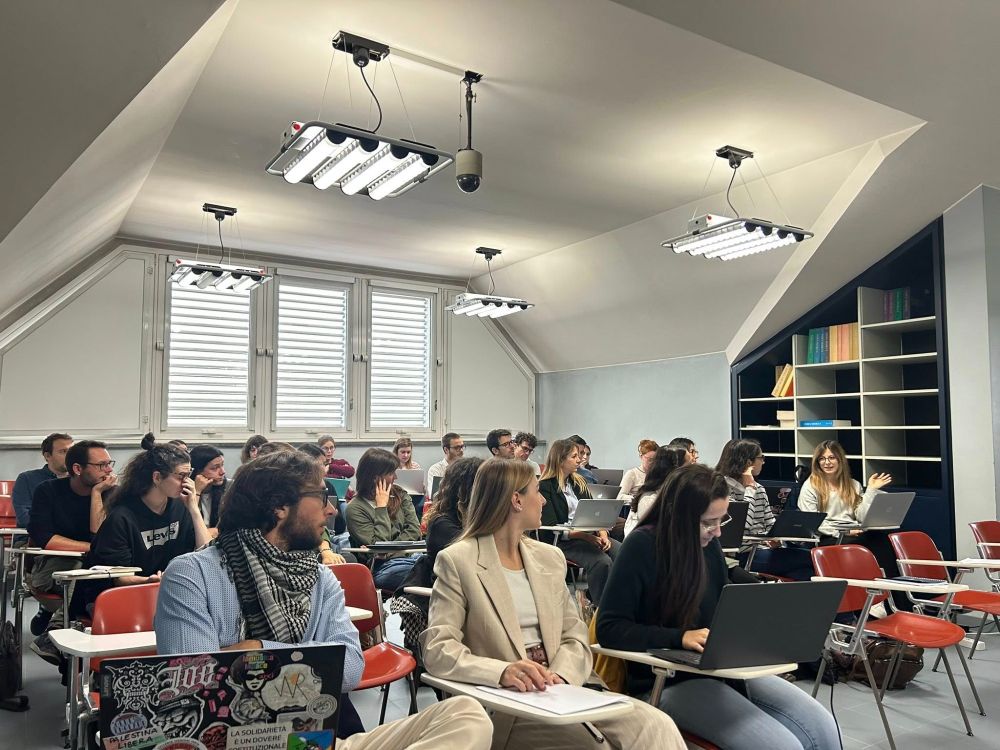
A great opportunity to share expertise and connect with researchers studying brain development in the first years of life! 🧠👶








www.science.org/doi/10.1126/...
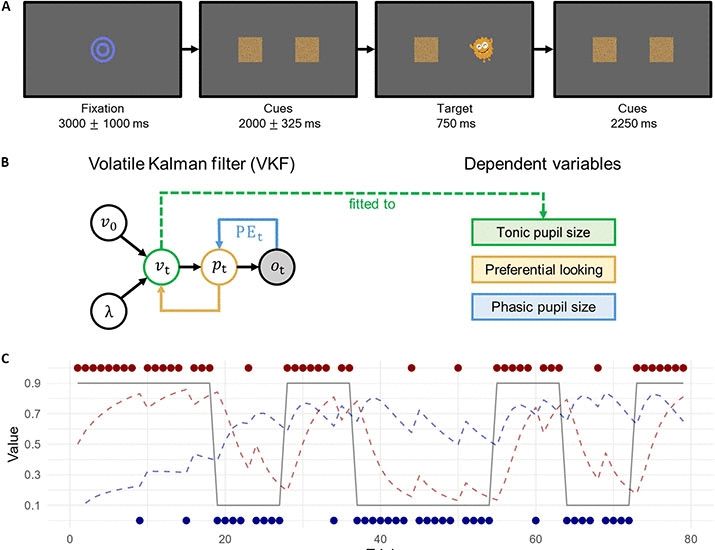
www.science.org/doi/10.1126/...




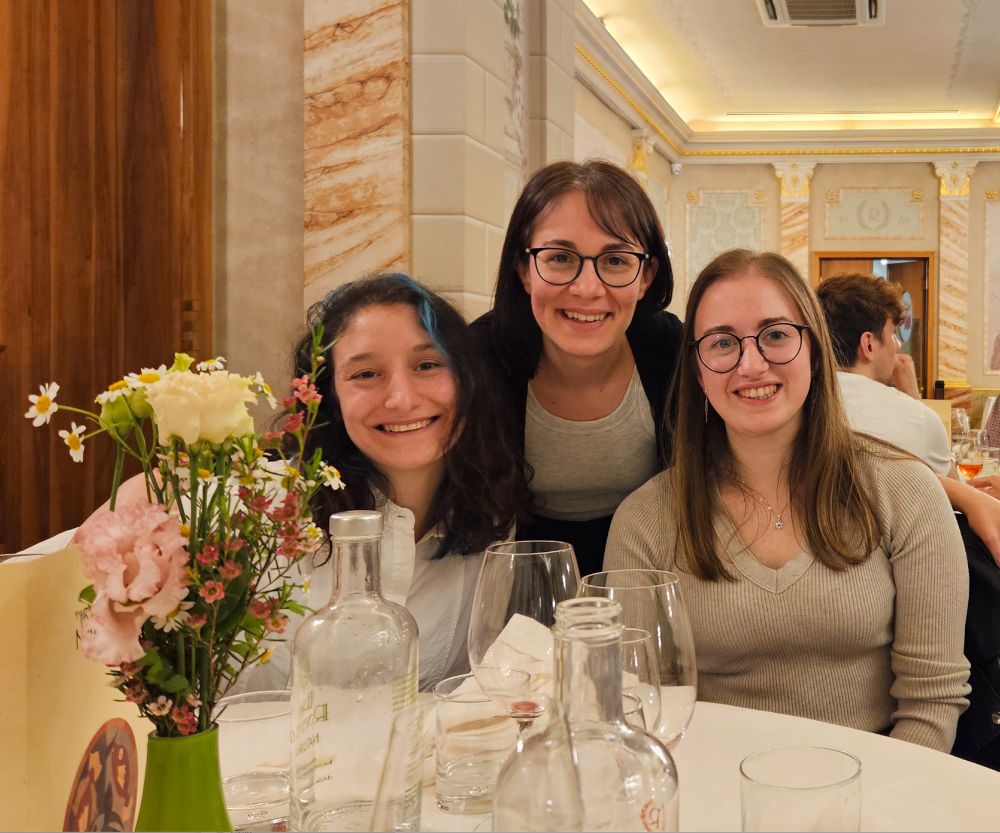



🔗 doi.org/10.1371/jour...
By @ambrafer.bsky.social @marcobuiatti.bsky.social @eugenioparise.bsky.social @cimecunitrento.bsky.social

🔗 doi.org/10.1371/jour...
By @ambrafer.bsky.social @marcobuiatti.bsky.social @eugenioparise.bsky.social @cimecunitrento.bsky.social
📅 Deadline: June 5, 2025
🧠 Research mind, brain & behavior
ℹ More info
🔗 phd.unitn.it/drcimec
🔗 www.unitn.it/en/phd/cognitive-and-brain-sciences

Abstract submission is OPEN now. Submit: wp.lancs.ac.uk/lcicd/abstra...
#PsychSciSky
Thank you to sponsors @nirx-nirs.bsky.social
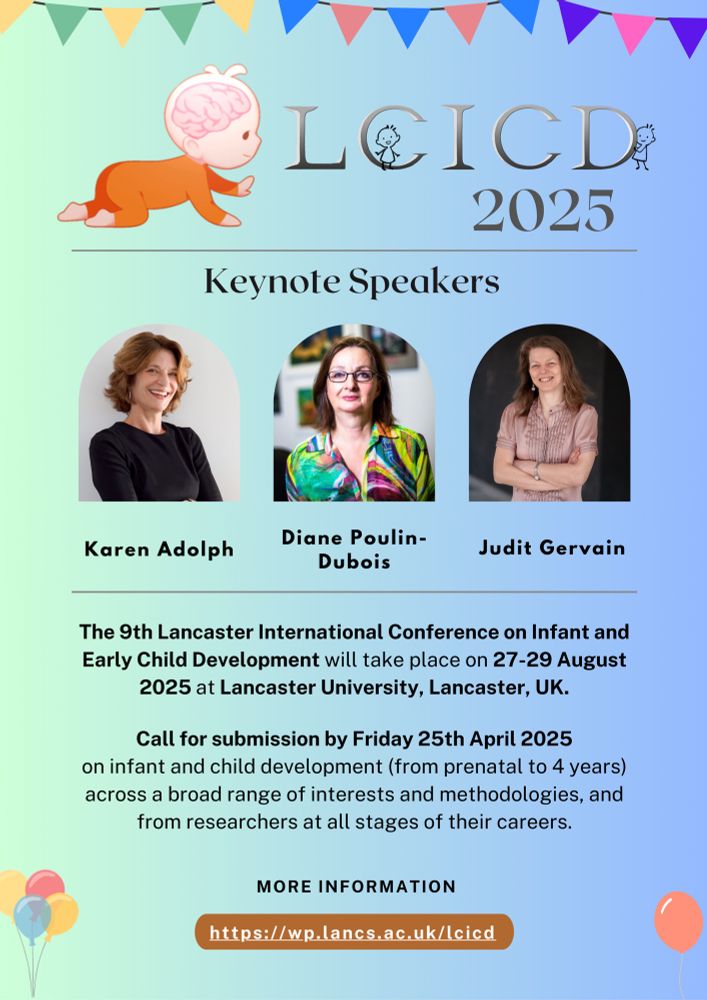
Abstract submission is OPEN now. Submit: wp.lancs.ac.uk/lcicd/abstra...
#PsychSciSky
Thank you to sponsors @nirx-nirs.bsky.social

rdcu.be/egamh
rdcu.be/egamh
www.nostrofiglio.it/neonato/cura...

www.nostrofiglio.it/neonato/cura...

From now on, we’ll be sharing updates from our Center for Mind/Brain Sciences, including research highlights, academic activities, events, and much more!
🔗 www.cimec.unitn.it
#neuroscience #cognitivescience #unitrento #cimec_unitreno
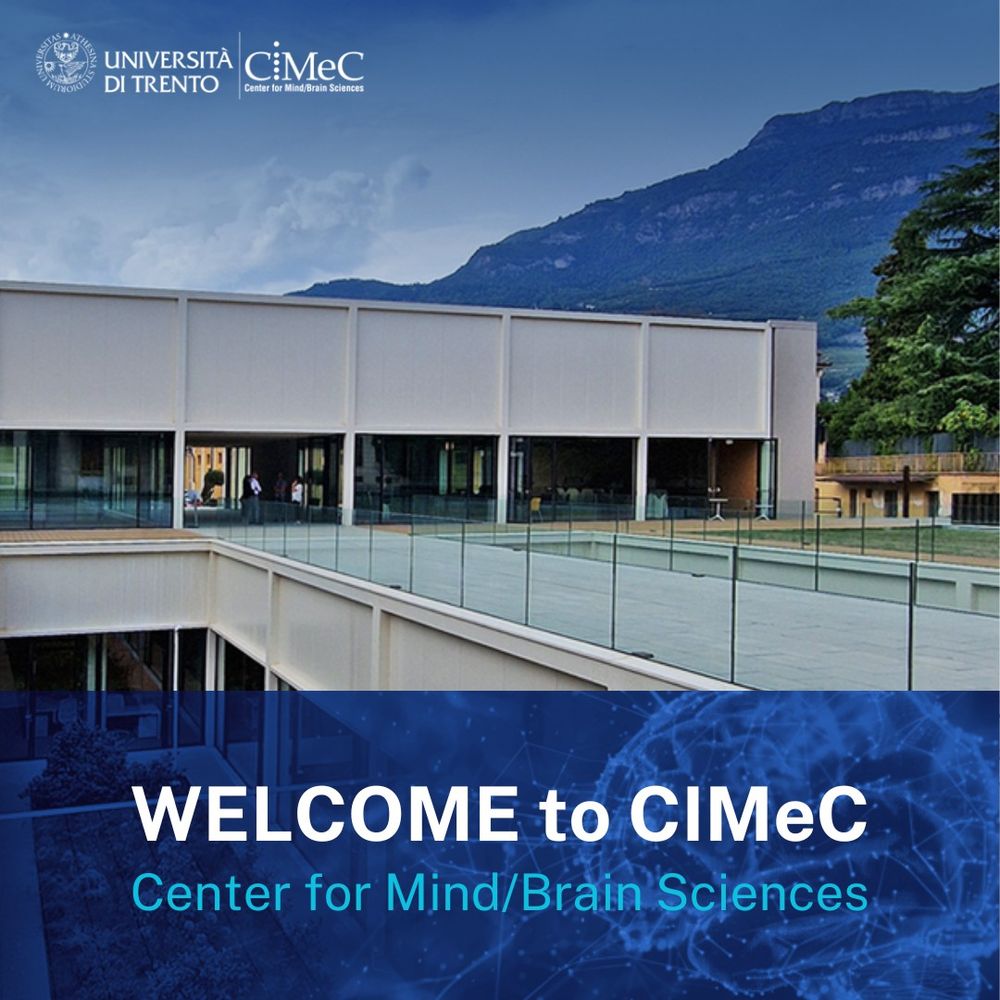
From now on, we’ll be sharing updates from our Center for Mind/Brain Sciences, including research highlights, academic activities, events, and much more!
🔗 www.cimec.unitn.it
#neuroscience #cognitivescience #unitrento #cimec_unitreno
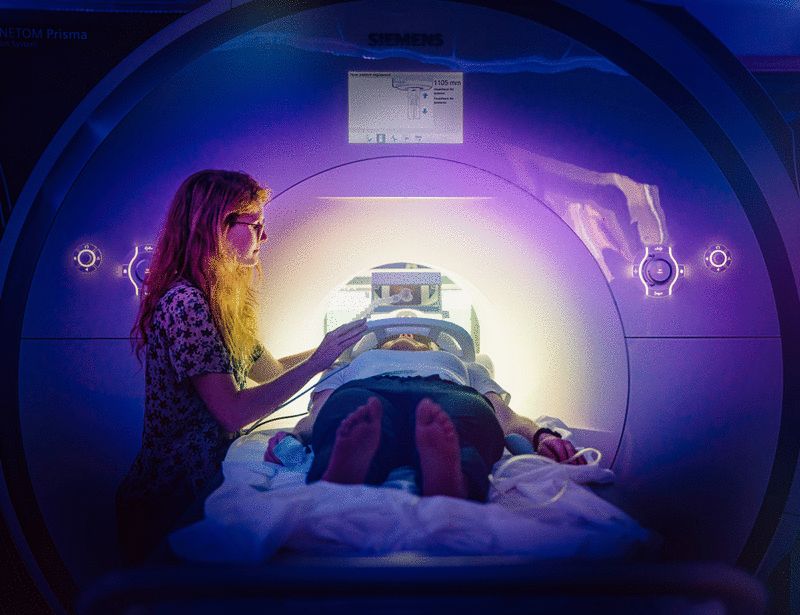

Pushing the boundaries of MEG based on optically pumped magnetometers towards early human life
doi.org/10.1162/imag...

Pushing the boundaries of MEG based on optically pumped magnetometers towards early human life
doi.org/10.1162/imag...
Work started while at @mpi-nl.bsky.social w/ CIMeC (University of Trento)
🧠🧪 #psychscisky #academicsky
See 🧵👇
royalsocietypublishing.org/doi/10.1098/...
royalsocietypublishing.org/doi/10.1098/...
www.biorxiv.org/content/10.1...
Give it a try!

www.biorxiv.org/content/10.1...
Give it a try!
@bpomie.bsky.social, Szilvia Takács and Ágnes Volein.
Have a look:
royalsocietypublishing.org/doi/10.1098/...

@bpomie.bsky.social, Szilvia Takács and Ágnes Volein.
Have a look:
royalsocietypublishing.org/doi/10.1098/...

